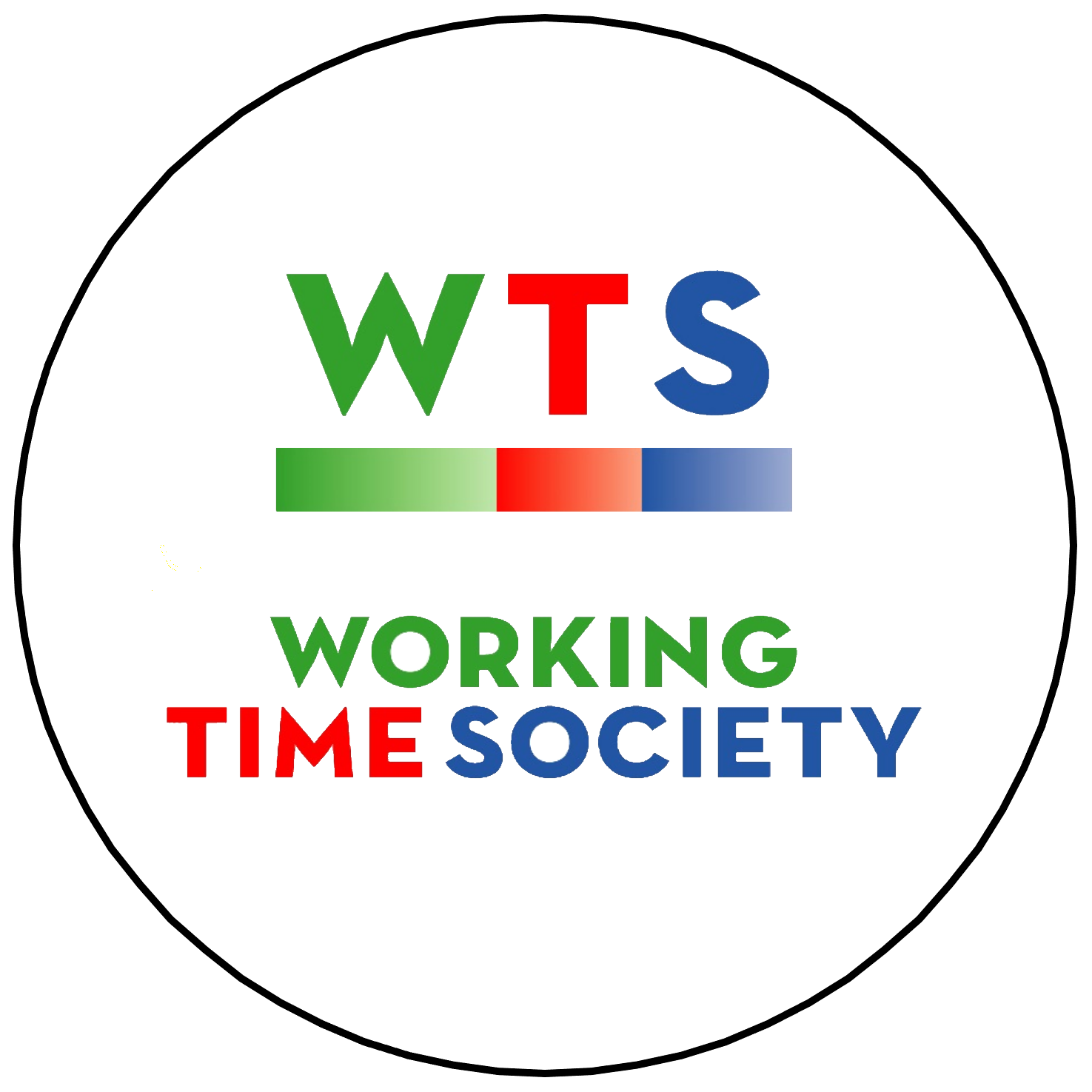Working Time Society Board
(2021-2024)
ELECTED BOARD MEMBERS
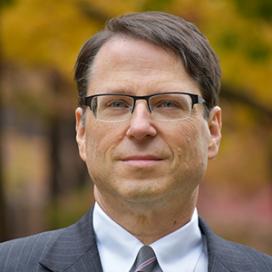
President: Stephen Popkin (2nd Term)
Stephen Popkin, PhD is the Deputy Director of the United States Department of Transportation’s Volpe National Transportation Systems Center. The Volpe Center is an organization within the Office of the Secretary of Transportation responsible for systems level transportation analysis, engineering and research support: https://www.volpe.dot.gov. He received a doctorate degree in Industrial/Organizational Psychology from the University of Connecticut (USA), studying the impact of irregular and unpredictable work hours on locomotive engineers. Previously he has worked with the US submarine force and for a private contracting firm examining and addressing issues of fatigue, and earlier spent a year as a doctoral fellow at the Finnish Institute of Occupational Health conducting dose response sleep studies. He has served as the Rail Group Chair for the (U.S.) National Academies of Science, Engineering and Medicine’s Transportation Research Board, and as the Implementation Lead for the U.S. Department of Transportation’s Safety Council.
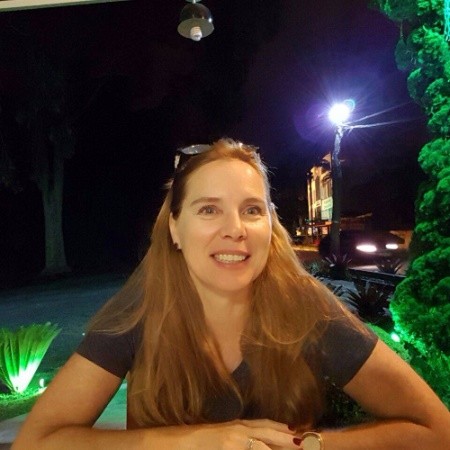
Secretary: Claudia Moreno (2nd Term)
Claudia RC Moreno, PhD, is Associate Professor at the School of Public Health, University of São Paulo, Brazil, since 2006. She is affiliated researcher at the Stress Research Institute at Stockholm University, Sweden, from 2015 to 2018, and board member of the Brazilian Sleep Society. Her research profiles are available at:
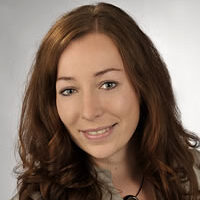
Treasurer: Anna Arlinghaus (3rd Term)
Anna Arlinghaus, PhD, is currently working as a senior consultant at XIMES GmbH, Austria / Germany. She graduated in Industrial/Organizational Psychology at University of Oldenburg, Germany, and worked as a doctoral student for the German Federal Institute of Occupational Safety and Health. After finishing her PhD in 2010, she was awarded a 2-year postdoctoral research fellowship at Harvard School of Public Health and Liberty Mutual Research Institute for Safety, Boston, USA. Her main topics of work include investigating the effects of long and flexible work hours and shift scheduling on occupational safety, health, and social well-being. In addition to her position in the WTS, Dr. Arlinghaus is a co-founder and board member of the German-speaking WTS sister organization “Arbeitszeitgesellschaft e.V.” since 2012.
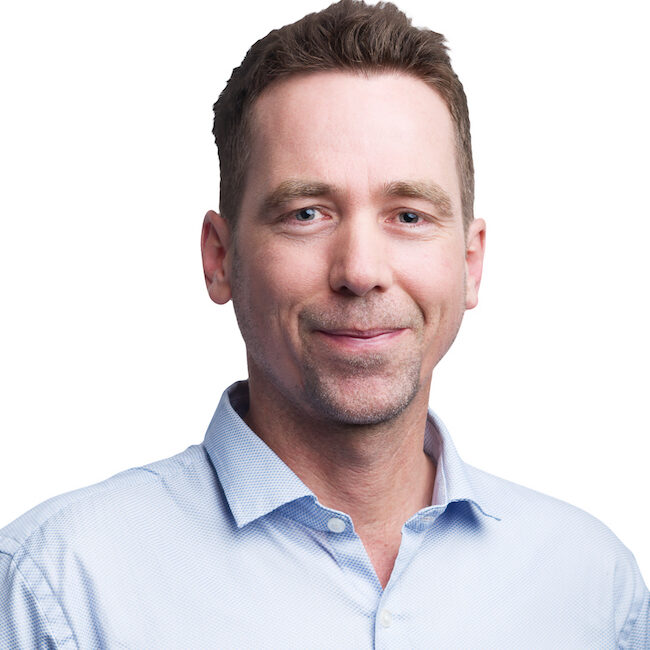
Photo: Headshots Adelaide
Greg Roach (3rd Term)
Greg Roach is a Professor at the Appleton Institute for Behavioural Science, CQUniversity. Greg has conducted a range of projects in laboratory-, simulator-, and field-based settings. This research is focussed on the impact of irregular work schedules on the sleep/wake behaviour of shiftworkers; the development of technologies and systems to manage the fatigue risk associated with shiftwork; the mechanisms that control the human sleep/wake system; the effectiveness of split sleep/work schedules for employees in industries that require long hours of duty on consecutive days; the impact of sleep restriction and body clock disruption on a predisposition to develop chronic illnesses such as obesity, diabetes, and cardiovascular disease; and the relationships between training load, sleep patterns, and sports performance in world-class athletes.
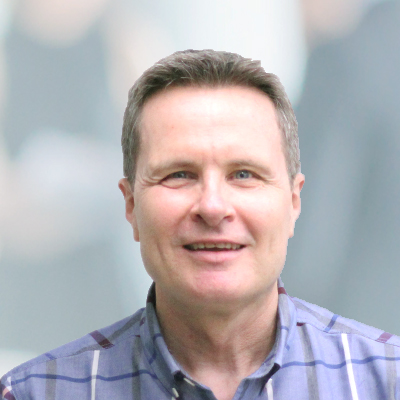
Phil Bohle (4th Term)
Philip Bohle’s research concentrates on occupational health. The research stream on working hours and health has contributed substantially to knowledge of structural relationships between working hours, social and organisational support, work-related control, work-life conflict and health. Related research focussed on the psychometric refinement of diurnal type measures.
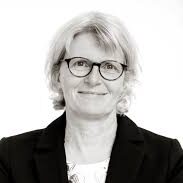
Anne Helene Garde (2nd Term)
Anne Helene Garde is a research professor of psychosocial work environment at the National Research Centre for the Working Environment in Copenhagen, Denmark. Her research relates to health effects of work environment exposure with special focus on effects of working time arrangements e.g. night work and shift work and psychophysiology. Main questions are if night work is a risk factor for disease and accidents and how night work could be scheduled in order to minimise this risk. For this purpose large epidemiologicial studies using registers of payroll data of working hours linked to the national health and social registers are used side by side with field studies on physiological effects.
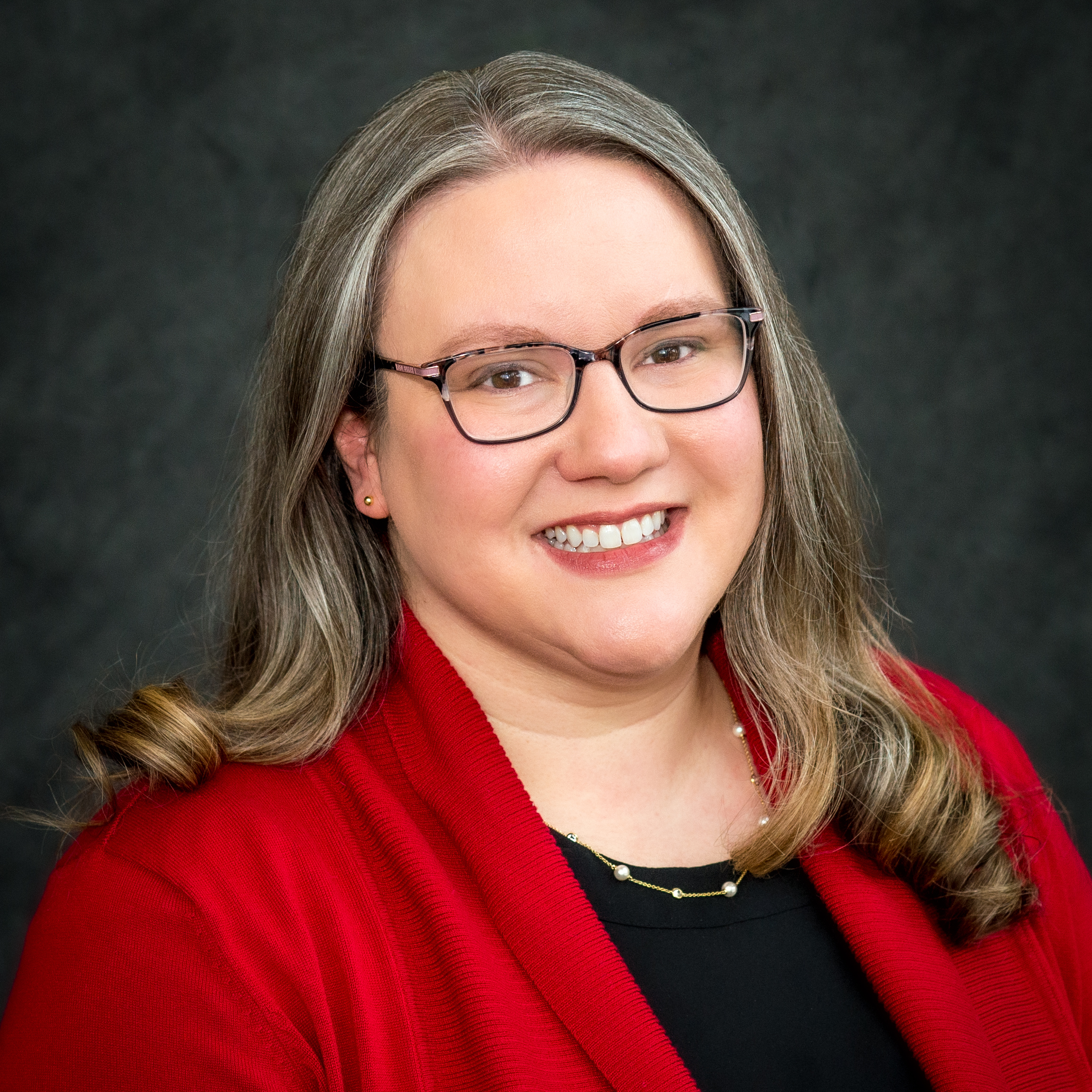
Kimberly Honn (1st Term)
Kimberly A. Honn, PhD, is an Associate Professor in the Department of Translational Medicine and Physiology at Washington State University in Spokane, Washington, USA. Her research focuses on the effects of sleep loss and shift work schedules on cognitive performance, safety, and health. In the Sleep and Performance Research Center laboratory, she uses specially designed computerized tests to identify particular cognitive functions that are most vulnerable or most resilient to the effects of sleep deprivation alone or in combination with stress, caffeine, and other factors to determine how to prevent sleep loss-related errors. This research is translated into real-world settings through simulator and field research projects in commercial transportation, including aviation, trucking, and rail. In 2019, she was co-chair of the 24th International Symposium on Shiftwork & Working Time in Coeur d’Alene, Idaho, USA. She has been an active member of the WTS since 2015 and a WTS board member since 2021.
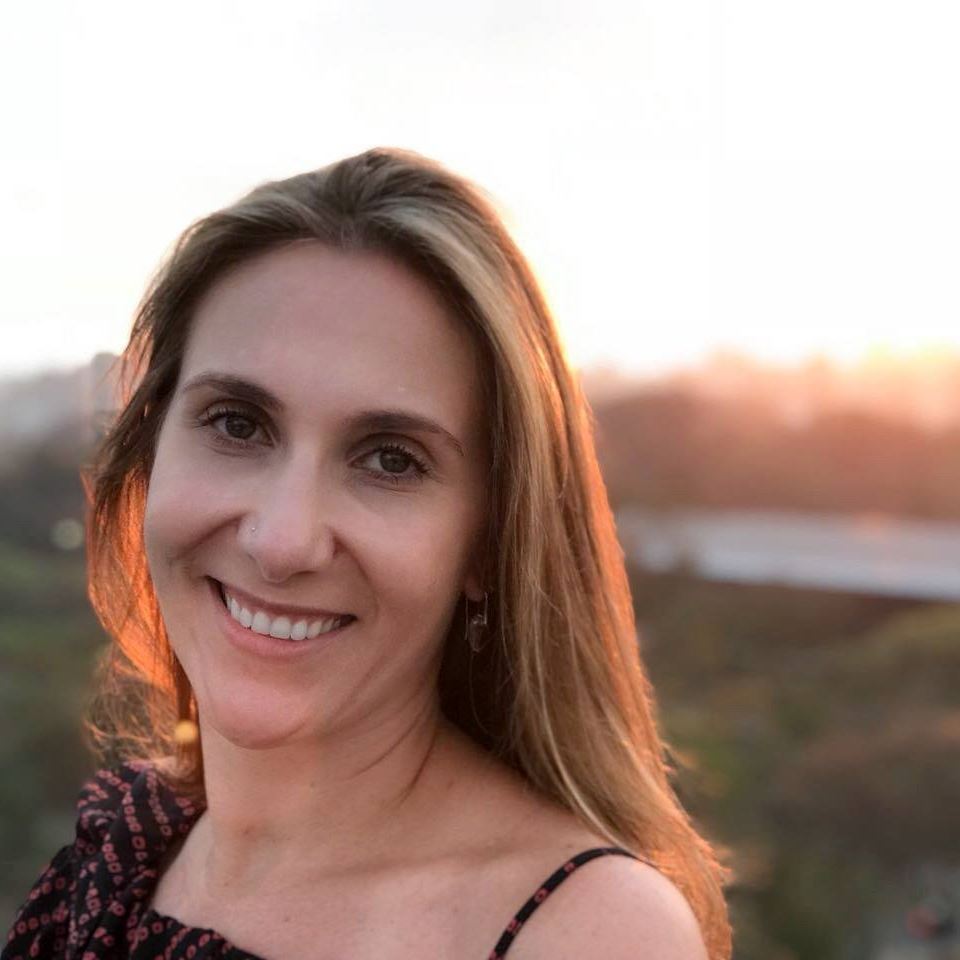
Elaine Marqueze (1st Term)
Elain holds a degree in Physical Education, Bachelor’s Degree, from the University of the State of Santa Catarina and a Master’s degree in Public Health from the University of Southern Santa Catarina. PhD in Sciences from the Faculty of Public Health, University of São Paulo. She is Assistant Professor of the Master’s and Doctoral Program in Public Health at the Catholic University of Santos, UNISANTOS. She has experience in the area of Public Health and Epidemiology, with an emphasis on Occupational Health, having collaborated and participated in several epidemiological studies.
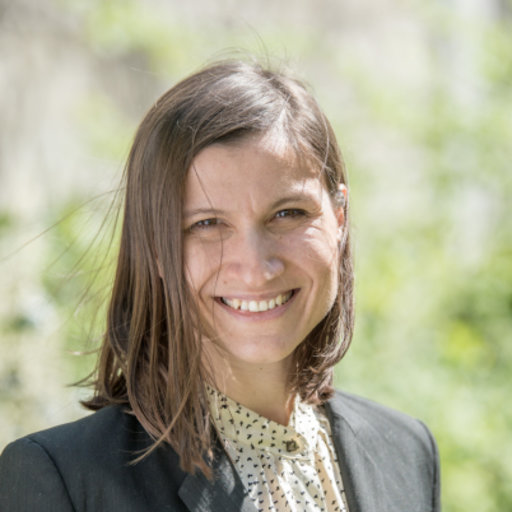
Kyriaki Papantoniou (1st Term)
My research field is the epidemiology of shift work, sleep, circadian disruption and cancer. I have a strong interest in the carcinogenic mechanisms that link light-at night with cancer risk and particularly biomarkers of chronic disease that can be used in shift work field studies.
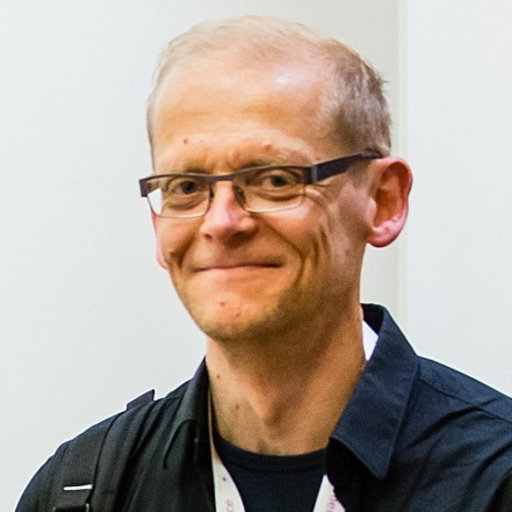
Mikael Sallinen (1st Term)
Mikael Sallinen is a Research Manager at the Finnish Institute of Occupational Health (FIOH) and an Adjunct Professor at the University of Jyväskylä, Finland. At FIOH, Mikael leads a program of twenty researchers and experts called Workload and Recovery. In the field of research, Mikael has led a range of field studies in recent years, with a focus on working hours, sleep, and fatigue in transport. He has also contributed to register-based studies on irregular working hours and occupational injuries and sickness absence. His more recent research topics include promoting work ability among shift workers and resilience in 24/7 safety-critical occupations through workload management.
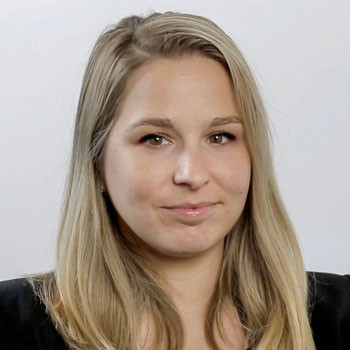
Céline Vetter (1st Term)
Assistant Professor in Integrative Physiology and Director of the Circadian and Sleep Epidemiology Laboratory (CASEL) at the University of Colorado Boulder. In brief, she received my PhD training in Till Roenneberg’s lab for human chronobiology at the Ludwig-Maximilian-University in Munich, Germany. After implementing work schedules tuned to inter-individual differences in sleep timing in a steel factory in for my postdoctoral work in the Roenneberg Lab, she joined the Channing Lab (Brigham and Women’s Hospital and Harvard Medical School) in Boston to study the associations of shift work and disrupted sleep with chronic disease risk. She joined the faculty there in 2016, and then moved to the University of Colorado Boulder as a tenure-track Assistant Professor in September 2017.
CO-OPTED BOARD MEMBERS
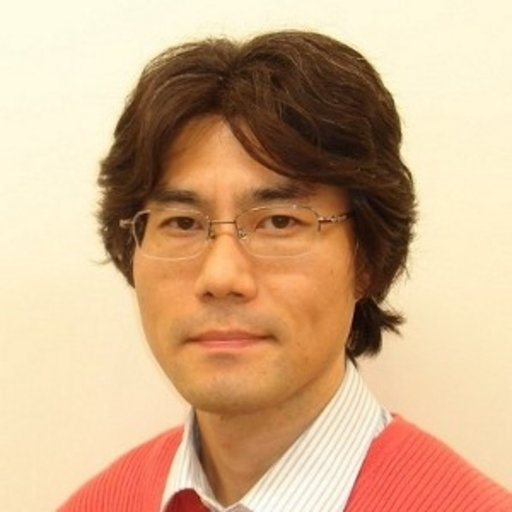
MASAYA TAKAHASHI
Masaya Takahashi, Ph.D. has been studying sleep problems associated with shiftwork and working time for over 30 years at National Institute of Occupational Safety and Health, Japan (JNIOSH). He serves as Chair of Working Time Japan Society and a member for other professional societies including European Sleep Research Society, Sleep Research Society, Integrated Sleep Medicine Society Japan, Japanese Society of Sleep Research, and Japan Society for Occupational Health. He also works as Deputy Editor of Industrial Health published by JNIOSH.
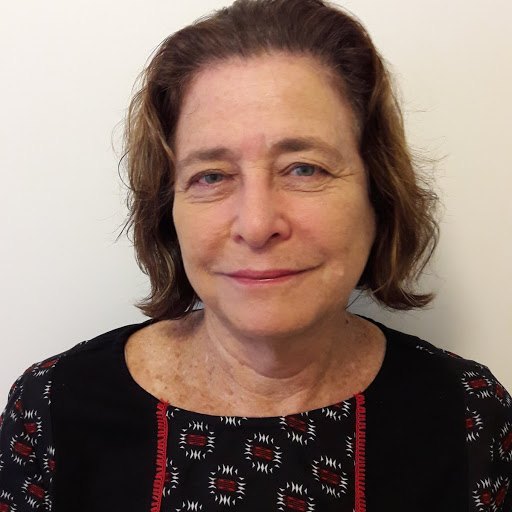
Frida Marina Fischer
Frida Marina Fischer is full professor at the Department of Environmental Health, School of Public Health, University of São Paulo (USP). She holds a BSC degree in Biological Sciences, Master and PhD in Public Health, University of São Paulo, Pos Doc at the Institute of Occupational Health in Dortmund, and specialization in Ergonomics (USP Institute of Psychology). She belongs to the Scientific Council of the Brazilian Association of Ergonomics, and is a senior member of the National Association of Occupational Medicine. Frida was president of the Working Time Society and chair of the Subcommittee of the ICOH Shiftwork and Working Time, from 2010 to April 2018. She was elected a member of the Board of the International Commission on Occupational Health (ICOH) in April 2018 and re-elected for the period 2022-2024. She does research and teaching in the area of Public/collective Health with an emphasis on Occupational Health. Her main areas of interest are: work organization, shift and night work, ergonomics, psychosocial factors at work, work-related illnesses, early functional aging. She is an ad hoc reviewer for national research agencies and for several national and international journals. She holds the title of Fellow of the International Ergonomics Association and Fellow of the Working Time Society.
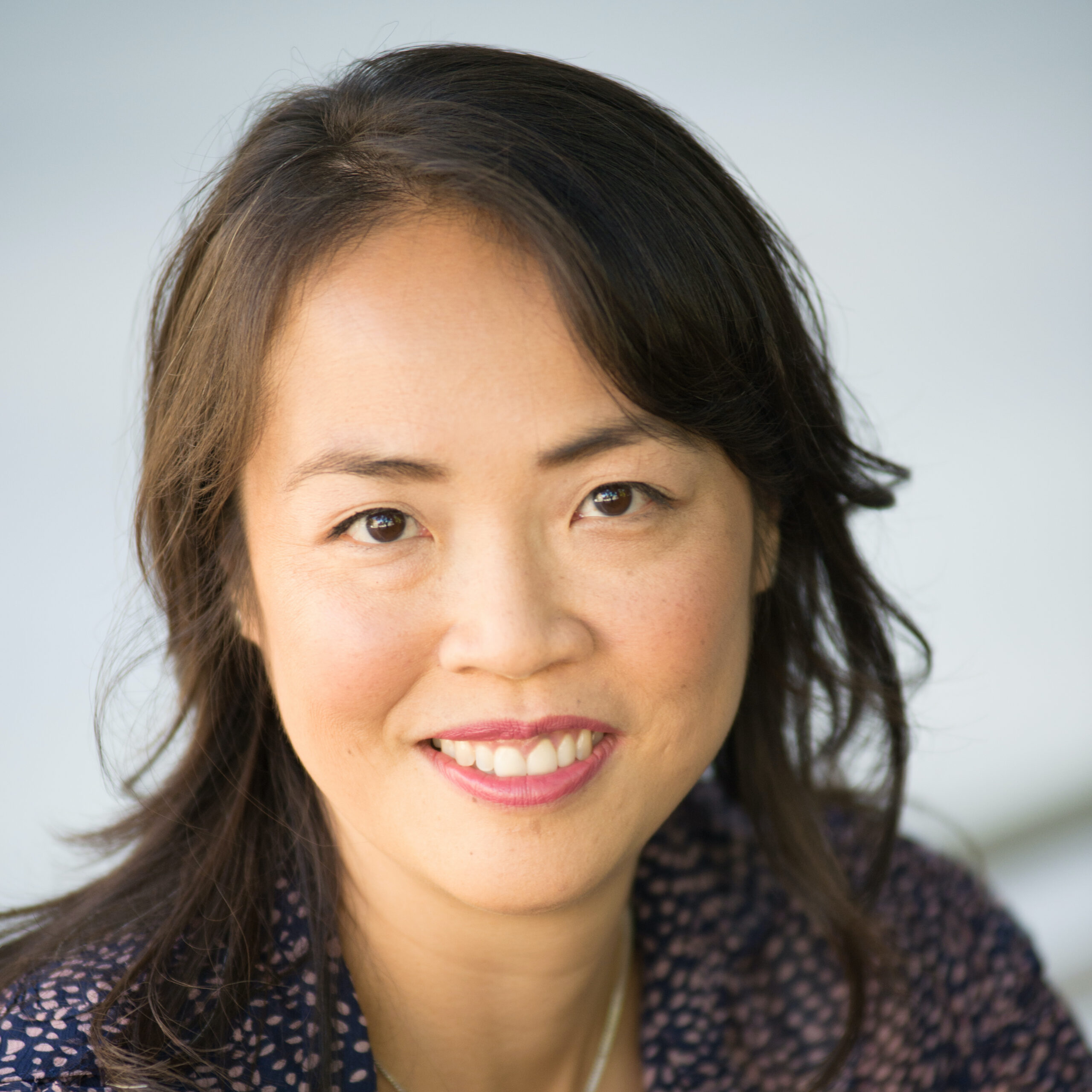
Imelda Wong
Imelda Wong is an Occupational Hygienist and Epidemiologist with the CDC/National Institute for Occupational Safety and Health (NIOSH). Her currently role is Program Leader for the NIOSH Center for Work and Fatigue Research. Imelda has served on the Executive Board for Working Time Society the Executive Board, since 2012. She has been a guest editor for 2 recent themed journal issues, Industrial Health and the American Journal of Industrial Medicine, that address health and safety risks associated with nonstandard work hours and fatigue.
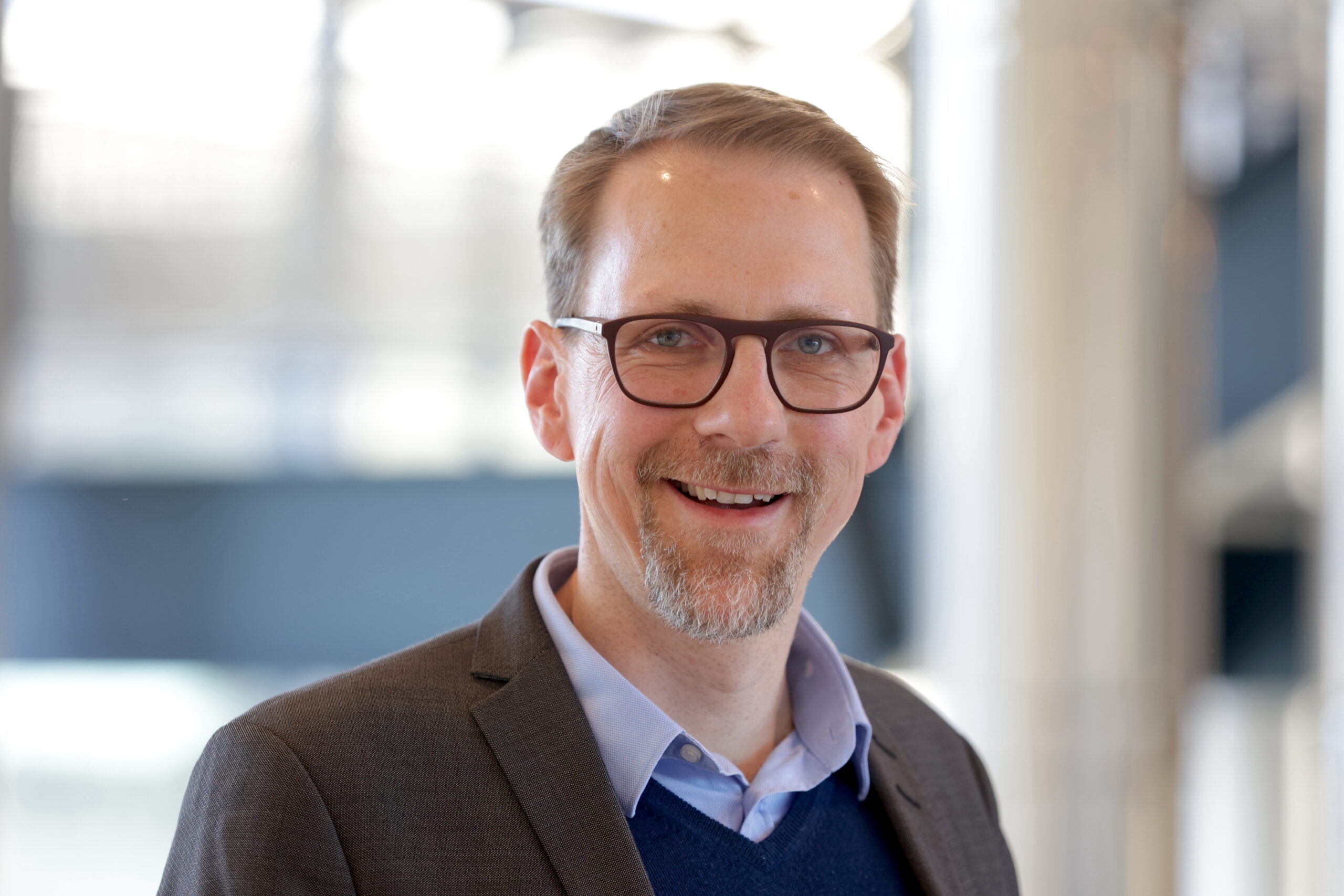
Thomas KANTERMANN
Thomas Kantermann studied biology (diploma) and psychology (minor) at the University of Bielefeld (DE). Thomas received his PhD in biology from the Ludwig-Maximilians-University Munich (DE) in 2008. Thomas habilitated in medical psychology at the Ludwig-Maximilians-University Munich (DE) in 2016. During these years he worked at the University of Rostock (DE), Ludwig-Maximilians-University Munich (DE), University of Surrey (UK), Universitätsmedizin Charité Berlin (DE) and at the Rijksuniversiteit Groningen (NL). He has been teaching at the FOM University (Essen, DE) since 2017. In 2018 he was appointed Professor of Health Psychology at the FOM University (DE).
Thomas is experienced in applied chronobiology research and putting the results into practice through numerous projects, including experience in policy consulting. Thomas Kantermann is a co-opted board member of the Working Time Society, founding member of the Daylight Academy (Velux Foundation; CH), reviewer for various scientific international journals, editor of the journal Clocks & Sleep and Chief Scientific Officer at Novalogy Inc. (Ayo). Since 2023 he has been a member of the Academic Board of the CIBE Center for Innovation, Business Development & Entrepreneurship at FOM University. In addition, since 2007 he has been a freelance scientific consultant and speaker in the fields of human chronobiology, sleep, health and performance (SynOpus).
